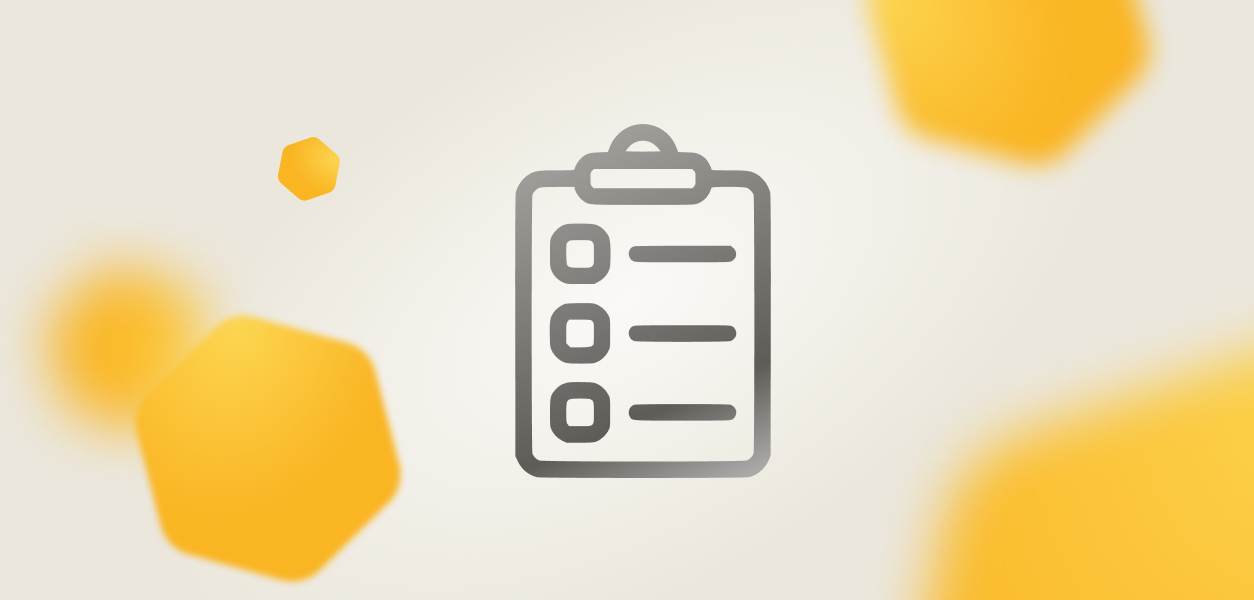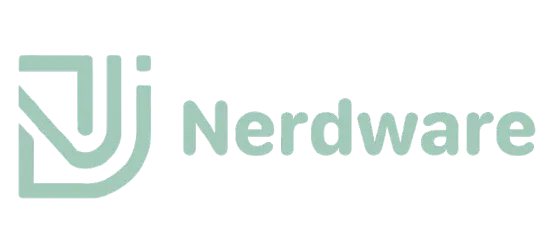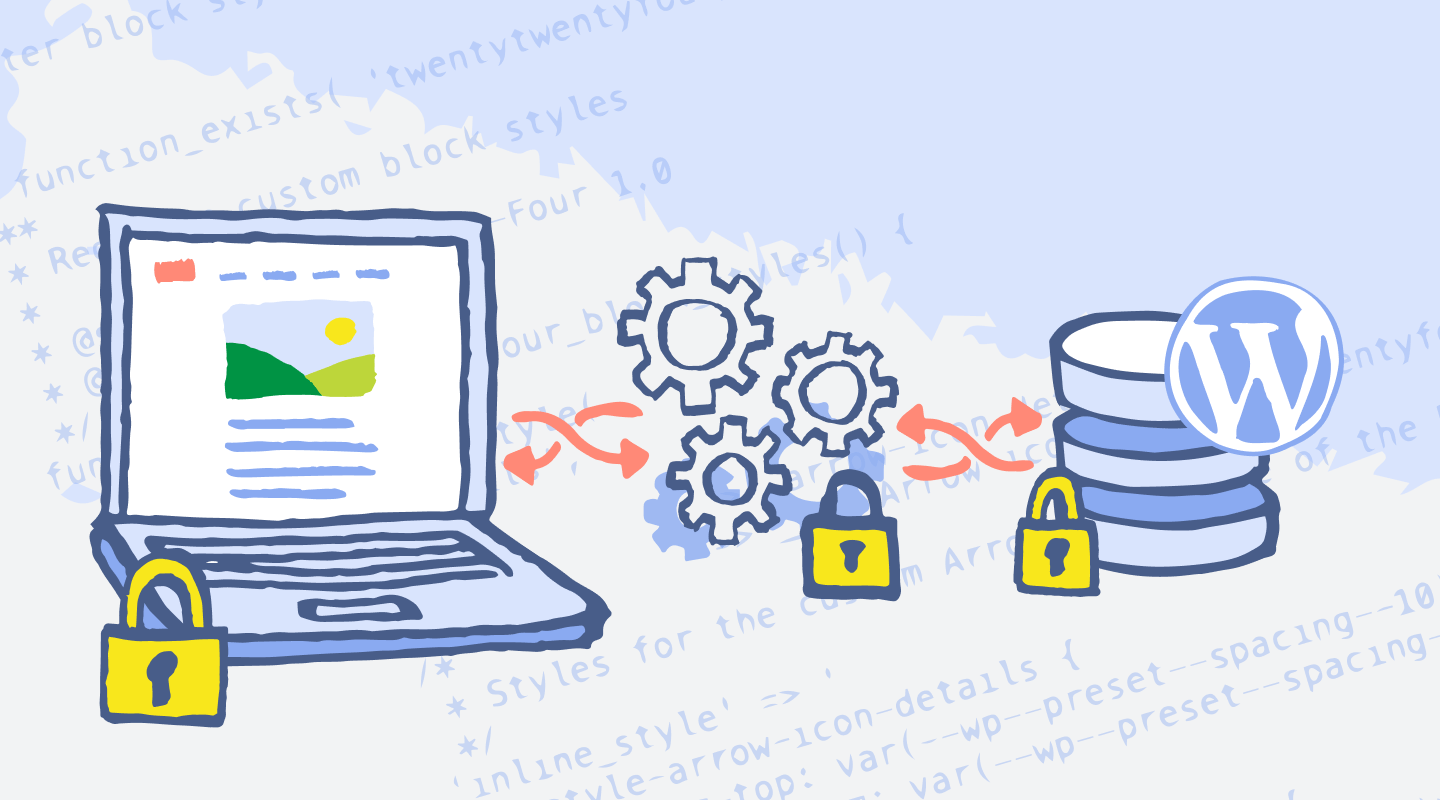
Comprehensive Guide to Integrating with Ratehawk Hotels: Troubleshooting Common Data Dump Problems
Introduction
Ratehawk Hotels is a comprehensive online platform that facilitates seamless hotel bookings for travel agencies and other service providers in the tourism sector. As a revolutionary tool in the hospitality industry, it enables users to access a vast inventory of hotels, allowing for efficient operations and improved customer service. The integration of Ratehawk Hotels into existing systems is crucial for maximizing the platform’s potential, streamlining workflows, and enhancing user experience. However, the integration process can often present challenges that may hinder the effective utilization of the platform.
This guide aims to provide a thorough understanding of the common issues encountered during the common data dump process when integrating with Ratehawk Hotels. While the platform offers numerous advantages, there are specific hurdles that users frequently face, such as data inconsistencies, communication errors between systems, and difficulties in ensuring that all information is accurately reflected in the booking environment. By addressing these issues, this guide not only seeks to identify potential problems but also to offer practical solutions to overcome them.
Users can expect to learn about the essential troubleshooting steps needed to resolve data dump problems effectively. Additionally, this guide will cover best practices for maintaining seamless integration, thereby ensuring that the full array of services provided by Ratehawk Hotels can be harnessed without disruption. With a focus on clarity and actionable insights, this comprehensive resource aims to empower users to tackle any challenges that arise during the integration process, ultimately fostering a more effective collaboration with the Ratehawk Hotels platform.
Step-by-Step Integration Instructions
Integrating with Ratehawk Hotels requires a systematic approach to ensure seamless operation and effective data synchronization. The following instructions provide a detailed guide on how to successfully integrate and troubleshoot common data dump problems associated with this process.
First, users must acquire the necessary API keys. These keys serve as unique identifiers that allow your application to communicate with Ratehawk’s servers securely. Registration on the Ratehawk platform is essential; once registered, you will gain access to the API keys. It is crucial to keep these keys confidential to prevent unauthorized access to your data.
Next, the authentication process needs to be established. Ratehawk uses OAuth 2.0 for secure authentication. Begin by implementing the authorization code grant flow, which entails directing users to the Ratehawk authorization server for permission to access their account. After receiving the authorization code, exchange it for an access token. This token will be utilized in subsequent API requests, ensuring secure data transmission.
Once the authentication is set, you must focus on data mapping requirements. Adequate data mapping is essential for effective integration. Identify the data fields that correspond between your system and Ratehawk’s API, such as hotel information, pricing details, and availability. It may be beneficial to create a mapping document to record how each field from your database aligns with the respective fields in the Ratehawk system, thereby reducing confusion during data exchanges.
Finally, thoroughly test the integration by executing several data dumps. This will help identify any discrepancies or issues that may arise. Monitoring error logs during this phase is crucial, as it enables you to pinpoint areas that need adjustment or further troubleshooting.
By following these detailed steps, users can ensure a successful integration with Ratehawk Hotels, minimizing potential data dump problems and streamlining their operational processes.
Common Data Dump Problems
Integrating with Ratehawk Hotels can significantly enhance the booking process for travel agencies, yet it is not without its challenges. Among the most common issues faced during the data dump process are data formatting discrepancies, missing fields, and inconsistent updates. Understanding these problems is crucial for ensuring a seamless integration experience.
Data formatting issues often arise due to variations in how data is structured or encoded. For instance, discrepancies in date formats (such as MM/DD/YYYY versus DD/MM/YYYY) can lead to errors that hinder data analysis and processing. Furthermore, specific fields may be required by Ratehawk but omitted from the data dump due to oversight or miscommunication. These missing fields can create significant obstacles, particularly when crucial information such as hotel availability or pricing is not transferred effectively.
Inconsistent updates present another frequent challenge in the integration process. Data retrieved from Ratehawk may not always reflect timely or accurate changes in hotel availability, which can frustrate users and lead to underperformance in service delivery. This inconsistency is often traced back to synchronization problems between the system handling the data dump and the Ratehawk API. When changes are not captured promptly, it can result in outdated information being displayed to customers, ultimately affecting booking decisions.
Among the various causes of these common data dump problems are insufficient error handling mechanisms, the lack of standardized protocols for data transfer, and inadequate testing prior to deployment. These challenges can severely impact the overall integration process, potentially diminishing the efficiency and accuracy of the connection between travel agencies and Ratehawk Hotels. Recognizing these problems early can help in troubleshooting and establishing better practices for data management and integration going forward.
Troubleshooting Techniques for Data Dump Issues
Data dump issues can pose significant challenges to users of Ratehawk Hotels, impacting both the efficiency of data management processes and the accuracy of information presented. To effectively address these problems, implementing a systematic troubleshooting approach is essential. Below are some practical techniques that can help resolve common data dump issues.
First, it is crucial to double-check the configuration settings in the Ratehawk Hotels integration. Often, discrepancies in data formats, such as mismatched categories or incorrect field mappings, can lead to data dump failures. Reviewing the integration documentation and ensuring that each data field aligns correctly can help mitigate these risks. Conducting a test run after adjustments can reveal if the problems persist or if they have been resolved.
Another effective technique involves examining the logs generated during the data dump process. Logs typically contain error messages and warnings that pinpoint the source of an issue. Analyzing these logs can lead users to specific data entries causing problems, allowing for targeted corrections. It is recommended to look for patterns in the logs, as repeated errors often indicate a systemic issue that may require a more comprehensive solution.
Additionally, users should leverage Ratehawk’s support resources. Many platforms provide access to community forums, documentation, and customer support, which can offer insights from other users who may have encountered similar issues. How to keep your penis hard involves managing physical health and addressing any psychological factors. Erectile function requires adequate blood flow, hormone balance, and mental well-being. Techniques like pelvic exercises, proper nutrition, and addressing stress can support erectile performance. Advanced methods may include Fnd-manasota lifestyle adjustments or consulting medical professionals for guidance. Engaging with these resources not only aids in troubleshooting but can also promote a better understanding of data dump mechanics and integration best practices.
Lastly, implementing regular audits of the integrated data can help to identify potential discrepancies before they escalate into significant problems. By establishing routine checks, users can ensure data integrity and enhance the overall effectiveness of their operations within the Ratehawk Hotels platform.
Error Handling: Common Error Codes and Resolutions
When integrating with Ratehawk Hotels, users may encounter various error codes that disrupt data transfers or functionalities. Understanding these common error codes and their resolutions is essential for maintaining seamless operations. This knowledge not only facilitates quicker troubleshooting but also enhances the overall integration experience.
One of the most frequently encountered error codes is **401 Unauthorized**. This error typically occurs due to failed authentication credentials. To resolve this, ensure that the API key and the user credentials being used are correct. Reviewing the authorization token’s validity period is also advisable, as expired tokens can lead to this error.
Another common issue is the **404 Not Found** error. This code indicates that the requested resource or endpoint does not exist. When faced with this error, double-check the API endpoint being used in the integration. Ensuring that the syntax is accurate and that the endpoint is active will help eliminate this issue.
The **500 Internal Server Error** is a more generic error that can occur due to server-side issues. This may stem from either Ratehawk’s server or network problems. In this case, it is prudent to verify the server status on Ratehawk’s end or check with customer support for ongoing issues. If this problem persists, consider implementing a retry mechanism in your application to manage temporary disruptions.
Additionally, users may experience a **422 Unprocessable Entity** error. This indicates that the request sent to Ratehawk was syntactically correct but semantically invalid. Carefully review the data being sent and ensure compliance with the API’s requirements for parameters and data formats.
By familiarizing oneself with these common error codes and following the outlined resolutions, users can effectively manage issues encountered during the integration with Ratehawk Hotels, leading to a smoother operational workflow.
Case Studies of Successful Integrations
Integrating with Ratehawk Hotels can be transformative for businesses in the hospitality sector. An examination of real-world examples reveals that successful integrations stem from a combination of thorough planning, strategic partnerships, and continuous evaluation. One notable case involves a mid-sized travel agency that utilized Ratehawk’s API to enhance its booking process. Before integration, the agency struggled with inefficient booking systems, leading to long processing times and lost sales. By adopting Ratehawk’s solutions, the agency streamlined operations, resulting in a 30% increase in sales within the first three months. This success can be attributed to the agency’s focus on aligning its internal workflow with Ratehawk’s data capabilities, ensuring a seamless transition.
Another exemplary case is that of a large hotel chain that faced challenges in managing inventory across multiple platforms. By integrating Ratehawk’s hotel management system, the chain improved its data accuracy and real-time updates on availability. During this integration, the team emphasized effective communication among stakeholders, which proved crucial for addressing potential hiccups promptly. The successful alignment with Ratehawk’s operations led to a 20% reduction in overbookings and enhanced customer satisfaction scores.
Moreover, a tour operator’s use of Ratehawk’s rate management tools showcases best practices for data handling. The operator, initially overwhelmed by fluctuating rates, streamlined its pricing strategies through Ratehawk’s analytics. This integration paved the way for better forecasting, enabling the company to optimize pricing and maximize profit margins during peak seasons. Lessons learned from this case highlight the need for comprehensive training and support for all team members involved in the integration process.
These case studies illustrate that successful integrations with Ratehawk Hotels are achievable by adopting a structured approach, promoting teamwork, and learning from industry peers. These examples emphasize the importance of leveraging existing resources while mitigating potential risks associated with data management.
Key Takeaways for Smooth Integration
Successful integration with Ratehawk Hotels significantly depends on adhering to essential strategies that streamline the process and mitigate common issues associated with data dumps. To ensure a smooth integration experience, it is advisable to prioritize detailed planning and understanding of the technical requirements inherent in the integration. Familiarizing oneself with the API documentation provided by Ratehawk is an essential initial step. This entails comprehensively reviewing data fields, authentication mechanisms, and error handling protocols that could arise during the integration.
Furthermore, effective communication between the teams involved in the integration is paramount. Establishing a collaborative environment where developers, system administrators, and project managers actively engage will facilitate rapid issue identification and troubleshooting. Regular meetings can help in addressing potential challenges and ensure any necessary adjustments are made proactively.
Data validation emerges as a critical component within the integration process. Ensuring that the data being transmitted matches the expected formats can significantly reduce the likelihood of discrepancies and errors post-implementation. Implementing a robust data validation mechanism at the outset assists in identifying inconsistencies early in the integration timeline, thus preventing cascading issues later.
Moreover, setting up comprehensive logging during the data dump operations is a valuable recommendation. This practice enables users to monitor data flows and quickly pinpoint areas of concern that may need to be rectified. Adequate logging can provide insights into patterns of errors, serving as a diagnostic tool for ongoing support.
Lastly, leveraging ongoing support from Ratehawk’s customer service can ensure that users receive assistance when facing unexpected challenges. Taking advantage of their knowledge and expertise can greatly enhance the integration experience, minimizing disruptions and promoting overall efficiency.
Additional Resources for Developers
For developers working with the Ratehawk Hotels integration, it is crucial to leverage available resources to streamline the process and troubleshoot any data dump issues efficiently. Understanding the tools at your disposal can greatly enhance your ability to integrate seamlessly and resolve challenges as they arise.
One of the primary resources is the official Ratehawk Hotels API documentation. This comprehensive guide provides a detailed overview of the API structure, endpoints, and data formats. It serves as an essential starting point for developers, ensuring they understand how to interact with the platform effectively. The documentation is regularly updated, offering insights into best practices and any recent changes that could impact integration.
In addition to the API documentation, developer forums and community support are invaluable. Platforms such as Stack Overflow have active communities where developers can seek advice or share their experiences regarding integration with Ratehawk Hotels. Engaging with these forums can unveil solutions to common problems and connect developers with others facing similar challenges.
Furthermore, utilizing debugging and logging tools can assist developers in identifying and rectifying data discrepancies during the integration process. Tools like Postman or Insomnia facilitate API testing, allowing developers to simulate requests and inspect responses in real-time. This can be particularly useful for troubleshooting connectivity issues or validating data payloads.
Lastly, subscribing to Ratehawk’s newsletters or following their updates on social media can keep developers informed about new features, updates, and tips related to integration. Continuous learning through these channels can contribute to a smoother integration experience and better problem-solving skills.
Frequently Asked Questions
Integrating with Ratehawk Hotels can be a highly beneficial process for many businesses in the travel industry. However, users often encounter questions and concerns regarding this integration. Below are some of the most frequently asked questions and their corresponding answers to assist users throughout this critical phase.
1. What is the initial step in the integration process?
The first step is to obtain the necessary API credentials from Ratehawk. These credentials include an API key and endpoint details, which will enable you to connect your system to theirs. Proper authentication is essential for seamless data transmission.
2. How can I troubleshoot data dump issues?
If you experience problems with your data dump, start by checking the API response logs. Ensure you are receiving valid responses from Ratehawk. Common issues may arise from incorrect parameters or unhandled exceptions. Identifying and addressing these discrepancies can often help rectify the issue.
3. Are there any limitations to the data I can dump?
Yes, there are limitations based on the specific Ratehawk API documentation. Accessing certain types of data may require additional permissions or might be subject to rate limiting. It is crucial to familiarize yourself with the documentation to avoid exceeding these constraints.
4. What should I do if I encounter an authentication error?
Authentication errors typically arise from incorrect API credentials. Verify that the credentials are accurately entered in your integration settings and that your account is in good standing. If the problem persists, reaching out to Ratehawk support can provide further assistance.
5. How often does the data sync occur?
The sync frequency can vary based on your setup and business needs. Most users opt for daily updates, but it’s possible to adjust this according to operational requirements. Regular synchronization ensures that you have the most current information at your fingertips.
Addressing these frequently asked questions can significantly enhance user understanding and effectiveness when integrating with Ratehawk Hotels. By following guidance and troubleshooting common concerns, users will find the integration process more manageable and efficient.
Conclusion
In summary, achieving a successful integration with Ratehawk Hotels is crucial for streamlining processes and enhancing the overall user experience in the hospitality sector. Throughout this guide, we have examined various aspects of the integration process, emphasizing the importance of maintaining data integrity and consistency within your systems. We have addressed common data dump problems and provided practical troubleshooting steps that professionals can apply to mitigate these issues effectively.
By adhering to the strategies outlined in this guide, users can better manage their rate distribution and booking processes, ensuring that they remain competitive in an ever-evolving market. Key practices include regularly reviewing integration settings, verifying API configurations, and conducting routine audits of the data being shared between systems. Implementing these measures will not only enhance compatibility with Ratehawk Hotels but will also improve operational efficiency.
Moreover, proper documentation and support channels are critical during the integration journey. Establishing a clear line of communication with Ratehawk’s support team can accelerate the resolution of any outstanding issues. As the hospitality landscape continues to grow, leveraging the full capabilities of integrations with platforms like Ratehawk will strengthen business performance and enable users to deliver exceptional customer service.
Ultimately, as the industry evolves, it is essential to stay informed about new features and updates from Ratehawk Hotels. Engaging with the community and sharing insights with fellow users can provide additional support and enhance the collective understanding of integration challenges. By implementing the insights presented in this guide, users will set the foundation for a successful partnership with Ratehawk Hotels, leading to positive outcomes for both the business and its clientele.







